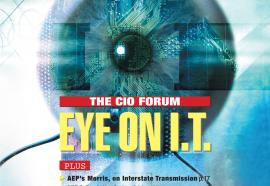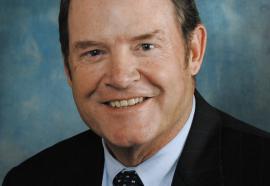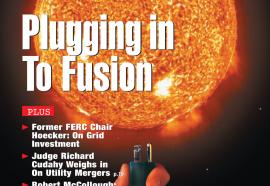After EPACT: A Mad, Mad Scramble for Talent
The Energy Policy Act of 2005 makes human resource challenges even more significant.
Hidden in the 1,700-plus pages of the Energy Policy Act of 2005 is a set of regulatory requirements that will redefine the technology, leadership, training, culture, compensation, job design, and organizational models currently employed in the industry.











